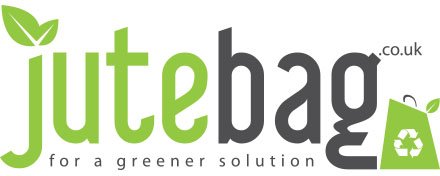The Eco-Friendly Revolution: Why Hessian Shopping Bags Are Your Best Sustainable Choice
In recent years, the shift towards sustainable living has gained remarkable momentum, with a growing emphasis on eco-friendly products and practices. A notable statistic from the Global Plastic Waste Report 2021 highlights that over 300 million tons of plastic are produced annually, with shopping bags being a significant contributor to this crisis.
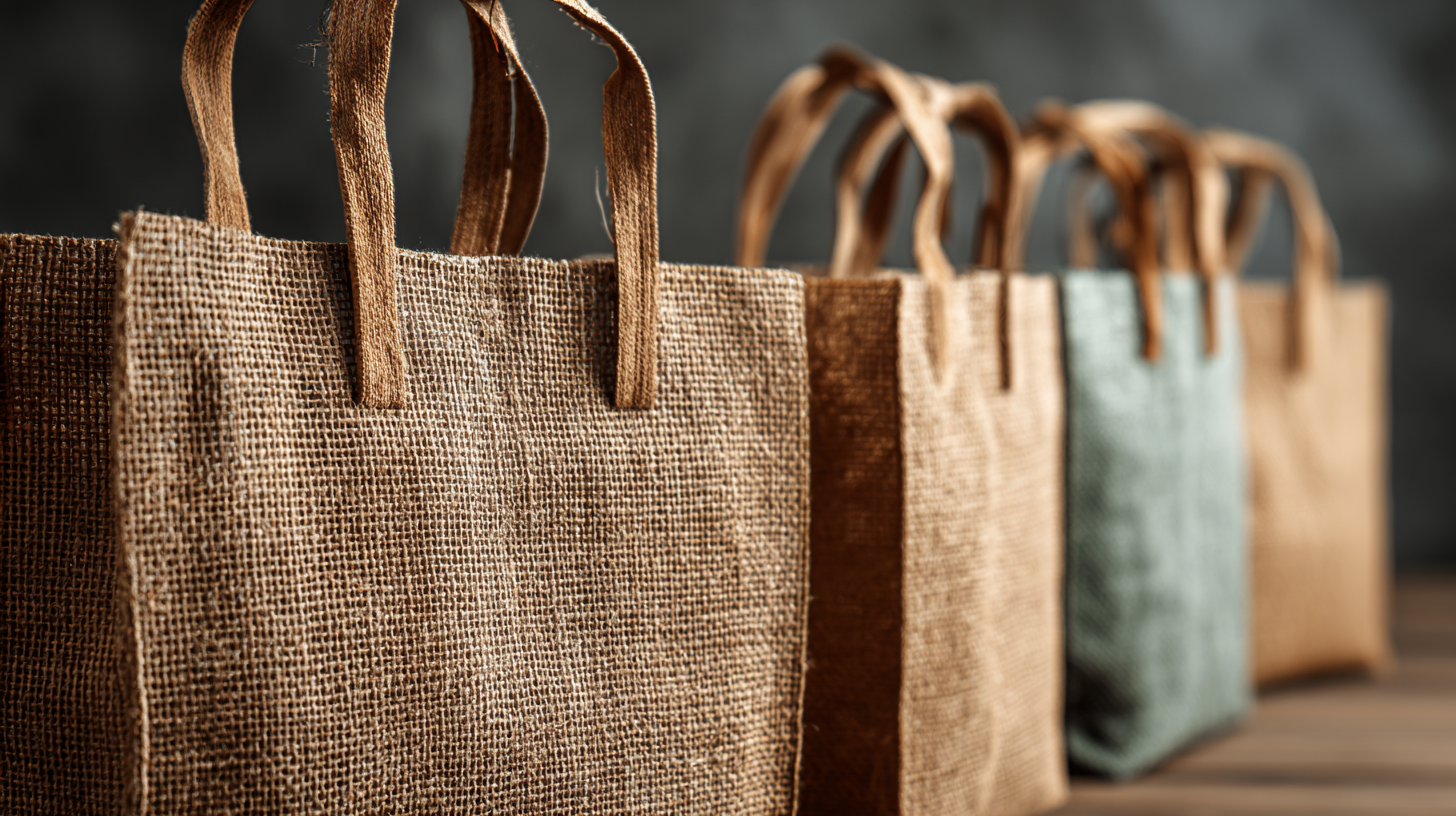 In contrast, Hessian Shopping Bags have emerged as a leading sustainable alternative, aligning perfectly with environmental goals. According to the Sustainable Packaging Coalition, consumers are increasingly prioritizing reusable and biodegradable materials, pushing the market for eco-conscious solutions to expand by 20% yearly. Hessian Shopping Bags, made from natural fibers, are not only durable and long-lasting but also compostable, offering a real solution to reduce plastic waste and promote a greener future. As municipalities and governments implement stricter regulations on single-use plastics, it’s clear that Hessian Shopping Bags represent the best choice for consumers striving to make a positive impact on the environment.
In contrast, Hessian Shopping Bags have emerged as a leading sustainable alternative, aligning perfectly with environmental goals. According to the Sustainable Packaging Coalition, consumers are increasingly prioritizing reusable and biodegradable materials, pushing the market for eco-conscious solutions to expand by 20% yearly. Hessian Shopping Bags, made from natural fibers, are not only durable and long-lasting but also compostable, offering a real solution to reduce plastic waste and promote a greener future. As municipalities and governments implement stricter regulations on single-use plastics, it’s clear that Hessian Shopping Bags represent the best choice for consumers striving to make a positive impact on the environment.
Understanding the Environmental Impact of Single-Use Plastic Bags
Single-use plastic bags have become a significant environmental challenge, with reports indicating that each year, approximately 1 trillion plastic bags are consumed worldwide. According to the Environment Agency, more than 8 million metric tons of plastic enter our oceans annually, leading to devastating consequences for marine life and ecosystems. The lightweight nature of these plastic bags often results in them being carried away by wind or water, contributing to widespread pollution. Many countries have started enforcing bans on single-use plastics, but more comprehensive solutions are needed to curb their usage and mitigate their impact.
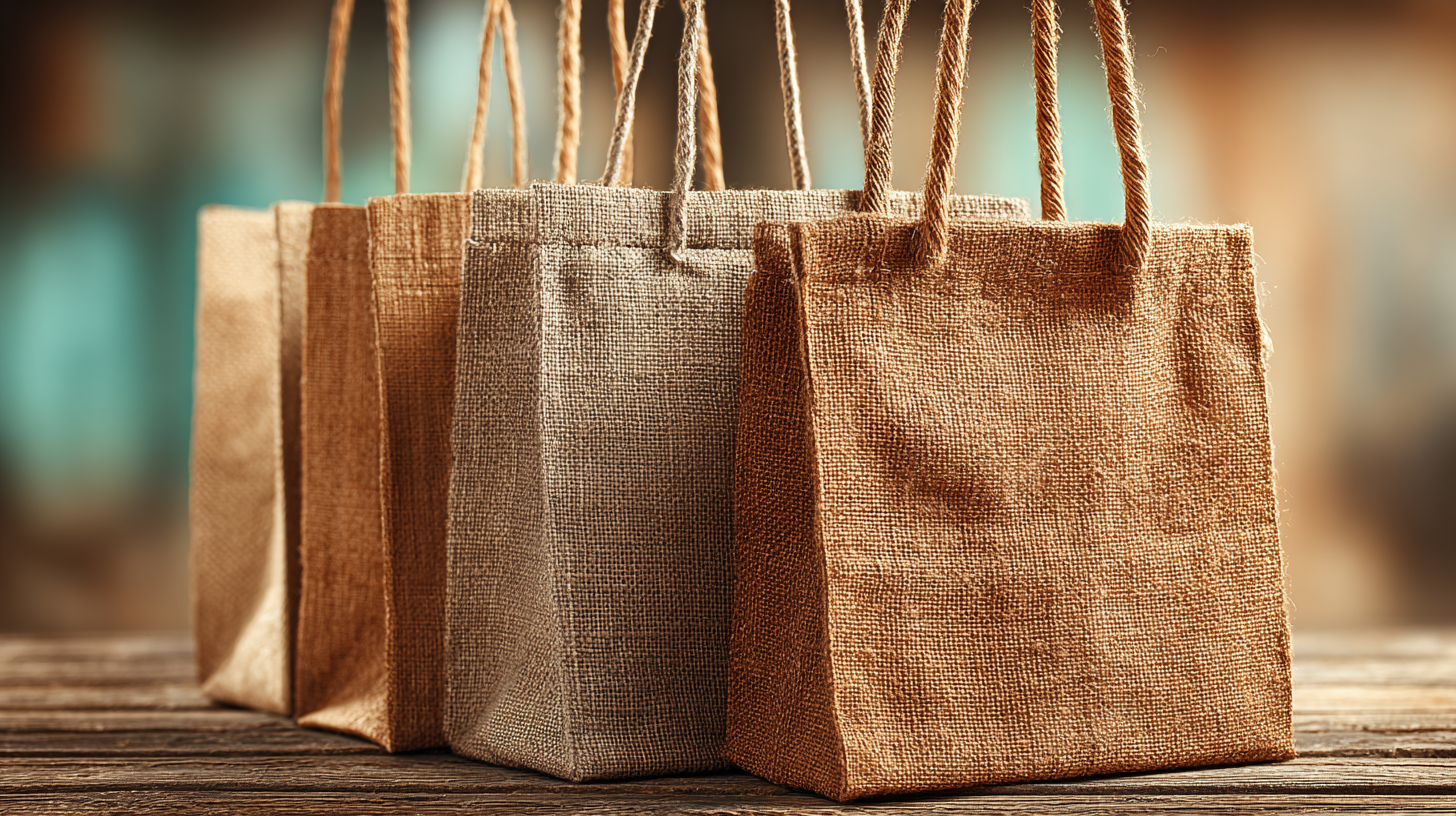
Hessian shopping bags, made from natural jute fibers, present an eco-friendly alternative to their plastic counterparts. Studies show that using hessian bags could reduce the carbon footprint by up to 60% compared to traditional plastic bags when used over their lifespan. Not only are these bags biodegradable and compostable, but they are also durable, often lasting for years with proper care. As consumers become increasingly aware of the environmental implications of their choices, the shift towards reusable and sustainable options like hessian bags is vital in the movement against plastic pollution. According to a survey conducted by the National Retail Federation, over 70% of consumers are willing to pay a little more for eco-friendly products, highlighting a growing trend towards sustainability in shopping habits.
Key Features That Make Hessian Bags a Sustainable Choice
Hessian shopping bags are increasingly recognized as a leading sustainable choice in the quest for eco-friendly alternatives to plastic. One of the key features of hessian bags is their biodegradability. Made from natural fibers, these bags break down over time, returning to the earth and reducing waste in landfills. Unlike synthetic materials that can take hundreds of years to decompose, hessian bags offer an environmentally responsible option for consumers who want to minimize their ecological footprint.
Another notable characteristic of hessian bags is their durability. These robust bags can withstand repeated use, making them a viable option for regular shopping trips. Their strength means that they can carry heavier items without tearing, allowing users to rely on them for various purposes, from grocery shopping to transporting books or beach supplies. Furthermore, the reusable nature of hessian bags not only helps in cutting down plastic consumption but also promotes a conscious lifestyle that values sustainability and resourcefulness.
The Eco-Friendly Revolution: Sustainability of Hessian Shopping Bags
This chart highlights key sustainability factors of Hessian shopping bags, indicating their high scores in biodegradability and reusability, making them a prime choice for environmentally conscious consumers.
Tips for Transitioning to Hessian Bags for Everyday Shopping
Transitioning to hessian shopping bags is not only a smart choice for the environment but also a practical one for everyday consumers. Research indicates that single-use plastic bags contribute to an estimated 1 trillion bags that litter our oceans and landscapes each year (World Economic Forum, 2021). By opting for hessian bags, which are biodegradable and made from natural fibers, shoppers can significantly reduce their ecological footprint. According to a 2022 report by the Global Plastic Action Partnership, switching to sustainable alternatives can decrease plastic waste by 50% if adopted on a large scale.
To successfully transition to hessian bags, it's essential to start by incorporating them into your regular shopping routine. Keep a few hessian bags in your car or by your front door to ensure you never forget them. Additionally, consider making it a family practice to bring cloth bags for any shopping trips, which fosters a culture of sustainability. The European Commission has reported that countries that have implemented strict regulations on plastic bag use have seen an average reduction in consumption by 80%. This data underscores the impact that small changes in consumer behavior can make when it comes to reducing waste.
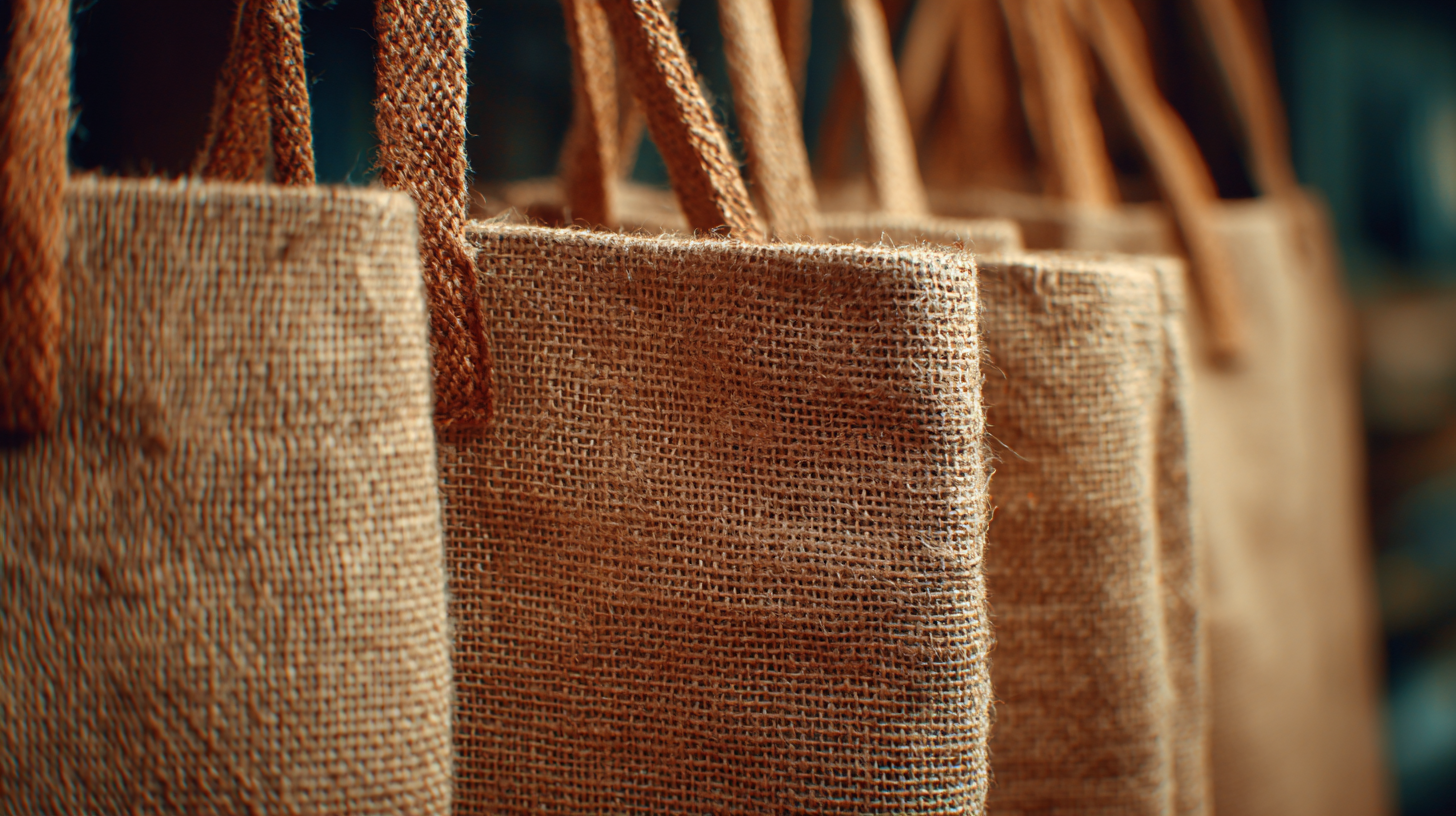
Caring for Your Hessian Bags: Maintenance and Longevity
Hessian shopping bags are an eco-friendly alternative to plastic bags, offering durability and sustainability. However, to maximize their lifespan, proper maintenance is crucial. According to a report by the United Nations Environment Programme, switching to reusable bags like hessian can reduce plastic waste by up to 70%. To ensure your hessian shopping bags remain in excellent condition, follow some simple care tips.
First, avoid exposure to excessive moisture and direct sunlight, which can weaken the fibers over time. Instead, store your bags in a cool, dry place when not in use. Regularly check for any dirt or stains; a gentle hand wash with mild soap and water can revitalize their appearance without compromising their quality. According to a study by the Ellen MacArthur Foundation, well-maintained reusable bags can have a lifespan of up to three years or more, significantly contributing to sustainability efforts.
Another essential tip is to reinforce the seams and handles regularly. If you notice any fraying, consider sewing them back together to prolong the bag's life. This simple act can prevent further wear and tear, ensuring you get the maximum benefit from your hessian bags. By adopting these maintenance practices, you'll not only enjoy a longer-lasting product but also contribute positively to the environment.
The Eco-Friendly Revolution: Why Hessian Shopping Bags Are Your Best Sustainable Choice - Caring for Your Hessian Bags: Maintenance and Longevity
| Feature | Description | Environmental Impact | Maintenance Tips |
|---|---|---|---|
| Material | Made from natural jute fibers. | Biodegradable and renewable resource. | Spot clean with mild detergent and water. |
| Durability | Sturdy and long-lasting compared to plastic bags. | Reduces plastic waste significantly. | Avoid overloading to maintain shape and strength. |
| Versatility | Can be used for shopping, storage, or travel. | Encourages reusable bag culture. | Store in a cool, dry place to prevent mold. |
| Aesthetic Options | Available in various colors and designs. | Promotes personal expression while being eco-friendly. | Clean with a damp cloth and air dry. |
The Future of Eco-Friendly Shopping: Trends and Innovations
The future of eco-friendly shopping is rapidly evolving, with significant trends and innovations paving the way for a more sustainable retail experience. The booming second-hand clothing resale market, projected to grow from $16.25 billion in 2024 to $31.69 billion by 2032 at a rate of 8.7%, illustrates a shift in consumer behavior towards more environmentally responsible choices. This trend highlights a growing awareness of sustainability among shoppers who are increasingly seeking alternatives to fast fashion.
Moreover, the introduction of innovative supermarket concepts is crucial in shaping the landscape of sustainable shopping. A new brand is set to launch, focusing on personalized organic retail experiences that align with the health-conscious lifestyles of modern consumers. Such initiatives not only prioritize sustainability but also enhance customer engagement by offering tailored solutions to their shopping habits.
Tips for Sustainable Shopping: To fully embrace eco-friendly practices, consider bringing your own hessian shopping bags whenever you shop. These reusable bags significantly reduce plastic waste and contribute to a more sustainable environment. Additionally, explore local thrift stores or online platforms for second-hand fashion; this choice not only helps you save money but also promotes a circular economy. Lastly, keep an eye out for brands that prioritize transparency and environmental responsibility in their production processes.
Related Posts
-
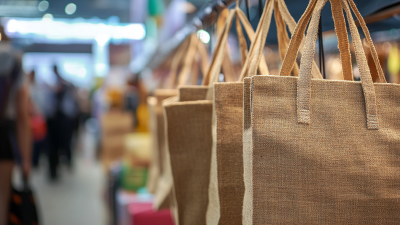
Exploring Global Sourcing Trends: How Hessian Shopping Bags Captured Attention at the 137th Canton Fair
-
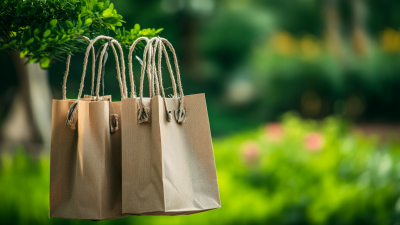
Understanding Industry Standards for the Best Eco Friendly Shopping Bags
-
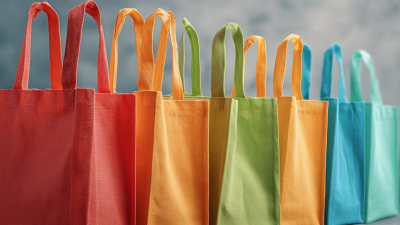
Discover Superior Eco Friendly Shopping Bags from China's Leading Manufacturing Factory
-
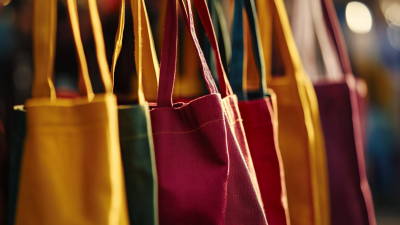
Understanding Industry Standards for the Best Tote Bags: A Guide to Choosing the Right One
-
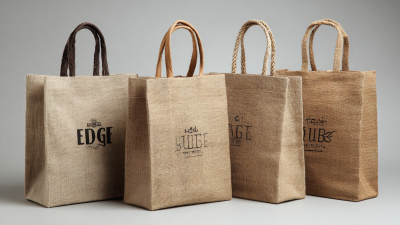
Top Strategies for Promoting Best Promotional Jute Bags in a Competitive Market
-

Exploring Sustainable Alternatives to Tote Bags for Eco-Conscious Buyers
